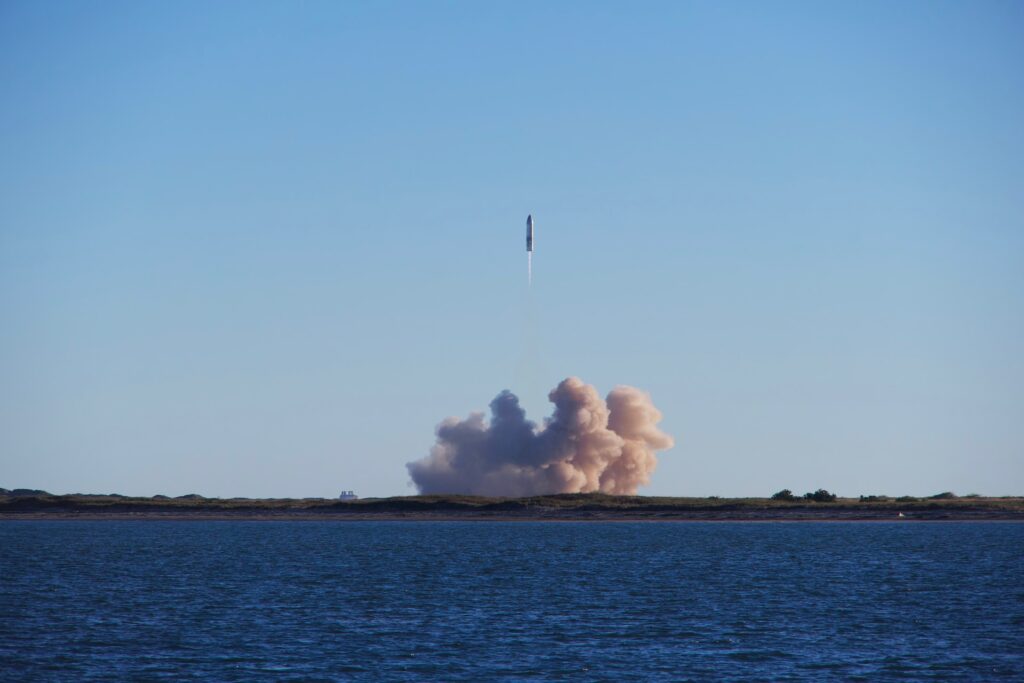
(Scypre.com) – In a dramatic turn of events, Pakistan’s air force launched retaliatory airstrikes in Iran on Thursday, targeting alleged militant hideouts along the Iran-Pakistan border. The strikes, which resulted in at least nine casualties, have heightened tensions between the two neighboring nations.
This retaliatory move followed an earlier attack by Iran inside Pakistan on Tuesday. Both incidents appeared to be aimed at Baluch militant groups with separatist goals operating on either side of the border. Accusations of providing safe havens to these groups have been exchanged between the two countries.
The situation adds to the ongoing volatility in the Middle East, marked by Israel’s conflict with Hamas in the Gaza Strip. Iran had also conducted airstrikes in Iraq and Syria on Monday in response to an Islamic State-claimed suicide bombing in January. These developments strain diplomatic relations between Islamabad and Tehran, two nations with a history of suspicion regarding militant activities.
Pakistan’s Foreign Ministry defended its actions, describing the airstrikes as “a series of highly coordinated and specifically targeted precision military strikes.” The statement emphasized that the operation was based on credible intelligence of impending large-scale terrorist activities, showcasing Pakistan’s commitment to protecting national security.
The military operation, named “Marg Bar Sarmachar” by Pakistan, employed various weapons, including killer drones, rockets, loitering munitions, and standoff weapons. The latter, missiles fired from aircraft at a distance, suggested that Pakistani fighter jets did not enter Iranian airspace.
The casualty figures from the Iranian side included three women, four children, and two men near the town of Saravan along the border. Notably, the Baluch Liberation Army, an ethnic separatist group operating in the region, claimed that the strikes targeted and killed its members, accusing Pakistan of martyring innocent Baluch people.
Pakistan also implicated the Baluchistan Liberation Front in the strikes, although the group did not acknowledge the claim. Images shared by an advocacy group for the Baluch people revealed the aftermath of the attack, showing destroyed homes in Saravan.
Iran responded by summoning Pakistan’s charge d’affaires, further straining diplomatic ties. Pakistan had already withdrawn its ambassador following Tuesday’s attack by Iran.
The targeted Baluch militant groups are distinct from the longstanding insurgency in Baluchistan province. Jaish al-Adl, a Sunni separatist group targeted by Iran, is suspected of operating from Pakistan and has ties to al-Qaida. On the other hand, the Baluch Liberation Army, with no religious affiliation, is suspected of hiding out in Iran, while the Baluchistan Liberation Front is known for its nationalist agenda.
Both Iran and Pakistan face internal political pressures. Iran grapples with the aftermath of the Islamic State attack, Israel’s conflict with Hamas, and wider unrest against its theocracy. Pakistan, with a crucial general election in February, confronts internal challenges while its military remains a significant political force.
As tensions persist, Iran has initiated an annual air defense drill, named “Velayat 1402,” from its port of Chabahar near Pakistan. The drill includes live fire from aircraft, drones, and air defense systems, raising the risk of further escalation.
The shared 900-kilometer border between Iran and Pakistan remains largely lawless, facilitating the movement of smugglers and militants. The region is also crucial for global opium shipments from Afghanistan. Amid the tensions, the Taliban has urged restraint.
The cross-border attacks prompt questions about the military preparedness of both nations, particularly their radar and air defense systems. For Pakistan, these systems are vital in the context of its longstanding tensions with India, its nuclear-armed rival. The geopolitical complexities are evident, as Pakistan’s military employs foreign fighter jets from the U.S., China, and France, with some of these weapons used in the recent airstrikes.
China, a key partner for both Iran and Pakistan, has called for restraint. The country’s significant role in regional affairs, coupled with its major Belt and Road development in Gwadar port in Pakistan’s Baluchistan province, adds a layer of complexity to the situation. As tensions persist, international observers closely watch the developments in this volatile region.